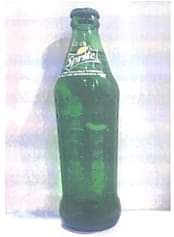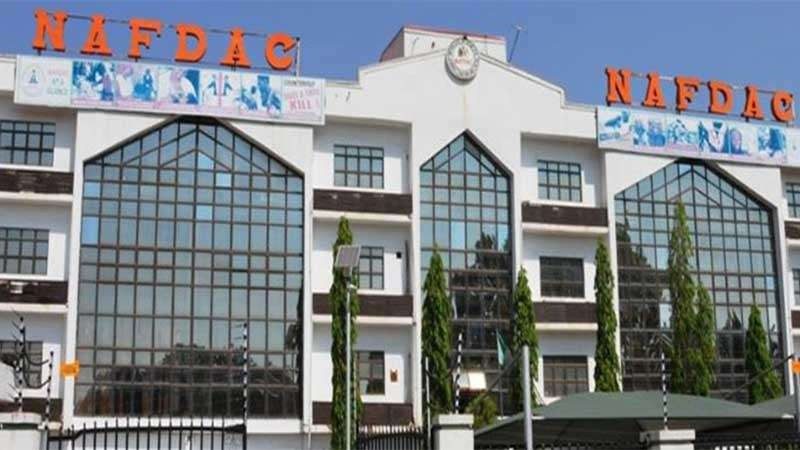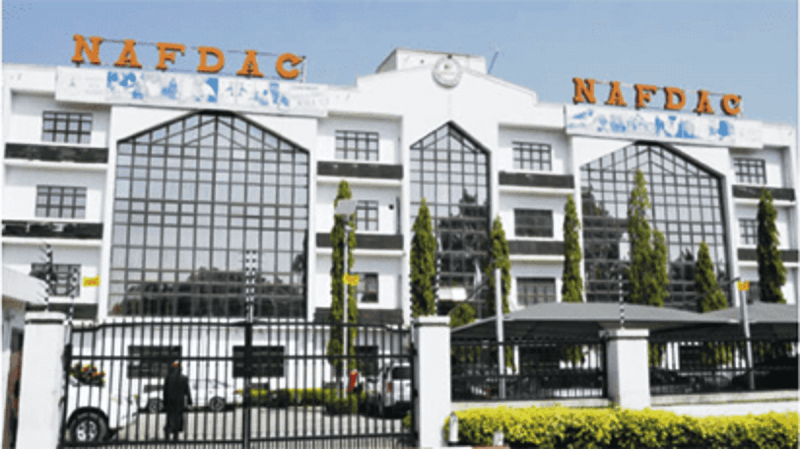The National Agency for Food, Drugs Administration and Control (NAFDAC) has cautioned Nigerian citizens to desist from using chemicals or other unnatural methods to ripen consumable fruits as it causes harmful irreversible health hazards.
The Director-General of the agency, Mojisola Adeyeye, who spoke during the South- East Zone Media Sensitization Workshop on “the Dangers of Drug Hawking and Ripening of Fruits with Calcium Carbide” in Awka, Anambra State said the consumption of fruits ripened with calcium carbide may cause cancer, heart failure, kidney failure, and liver failure amongst other serious health problems.
The DG NAFDAC whose message was delivered by the Director(Chemical) Evaluation and Research, DTR Leonard Omopariola titled “Danger of Artificial Ripening of fruits with Calcium Carbide”, would lead to considerable loss of properties such as colour, taste and feel, and such practice does not give the natural aroma and flavour to the fruits..
“These fruits do not possess uniform colour and are less juicy than when ripened naturally and have comparatively shorter shelf life”. She also noted that such artistically aided ripening may be ripe on the skin(outside) while the inside remains unripe.
More so, that such fruits ripened with calcium carbide could cause frequent thirst, irritation in mouth and nose, weakness, permanent skin damage, difficulty in swallowing, vomiting, and skin ulcer.
Noting that fruits normally provide the body with micro nutrients that improve immunity and prevent diseases among other health benefits, the DG stated that the consumption of fruits ripened with calcium carbide would be harmful to one’s health instead.
Adeyeye disclosed that calcium carbide generally contained impurities such as arsenic, lead particles, phosphorus, and others that pose several serious health hazards.
She said, “You can identify such artificially ripened fruits if you notice that the fruits are all yellow whereas the stem is dark, this is true especially with banana and plantain. In addition, naturally ripened fruits usually have brown or black spots, while those artificially ripened have traces of powdery substances and peel off quickly.”
She added that acetylene produced by calcium carbide affects the neurological system and reduces oxygen supply to the brain and further induces prolonged hypoxia.
She said that these chemicals were hazardous to pregnant women and children and might lead to headaches, dizziness, mood disturbances, mental confusion, memory loss, swelling in the brain caused by excessive fluids, sleepiness, seizures, and others.
The NAFDAC boss while urging citizens to remain cautious and vigilant whenever presented with fruits, however gave a hint that the agency had already commissioned a scientific study on the best approach towards mitigating the health hazards posed by ripening of fruits with carbides.
The agency used the opportunity to remember its late premier Director General, Prof Dora Akunyili whose outstanding era gave a reassuring hope of standard practice to citizens as well as other nations, relating with Nigerian manufactured products.
The Director(Public Affairs) of the agency, Dr Abubakar Jimoh whose emotion-laden remark reiterated that they would forever remember the outstanding activities of NAFDAC under Prof Akunyili







